Indications:
● Treatment of Infections: Zovirax treats infections caused by herpes viruses, including genital herpes, cold sores, shingles, and chickenpox.
● Prevention: It may also be prescribed to prevent recurrent outbreaks of herpes infections, especially in individuals with frequent recurrences.
Administration Guidelines
Dosage:
● The dosage of Zovirax can vary significantly depending on the condition being treated, the patient's age and weight, and their renal function. It ranges from 200 mg to 800 mg, taken orally 2 to 5 times a day for up to 10 days or longer, based on the physician's prescription.
● Lower doses are commonly prescribed to prevent recurrences and in cases of long-term suppressive therapy.
Method of Administration:
● Oral: Zovirax is available in tablets, capsules, and liquid suspension forms.
● Topical: For cold sores and genital herpes, acyclovir is also available in cream and ointment formulations.
● Intravenous: Injectable versions of acyclovir are used for severe viral infections, typically in a hospital setting.
Dosage Form:
● Tablets and Capsules: Commonly available in 200 mg, 400 mg, and 800 mg.
● Liquid Suspension: Beneficial for patients who have difficulty swallowing pills.
● Topical Cream/Ointment: Applied directly to the affected area to treat cold sores and genital herpes.
● Intravenous Injection: For severe or life-threatening infections.
Safety Preclusions
Pregnancy and Breastfeeding:
● Zovirax should only be used during pregnancy if the potential benefits outweigh the risks. It has been classified as Category B by the Federal Health Authority for use during pregnancy.
● Acyclovir is known to pass into breast milk, but is considered safe for use while breastfeeding, based on existing data.
Drug Interactions:
● Acyclovir can interact with several drugs, including medications for HIV/AIDS (e.g., zidovudine) and potentially nephrotoxic agents. It’s important to inform healthcare providers about all medications being taken to avoid undesirable interactions.
|

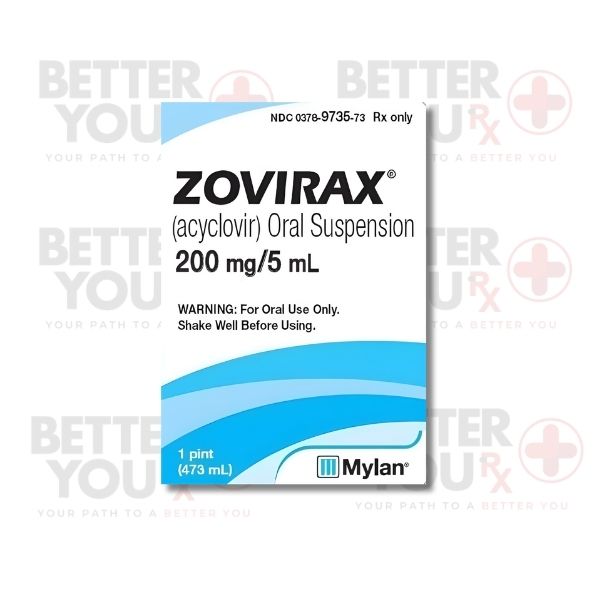

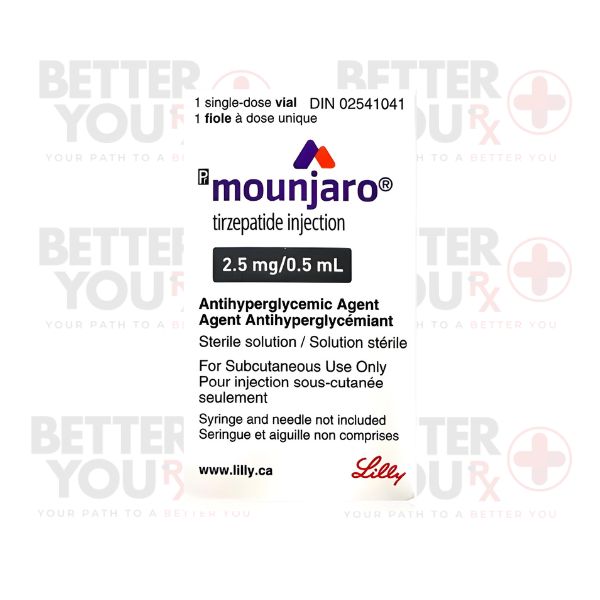
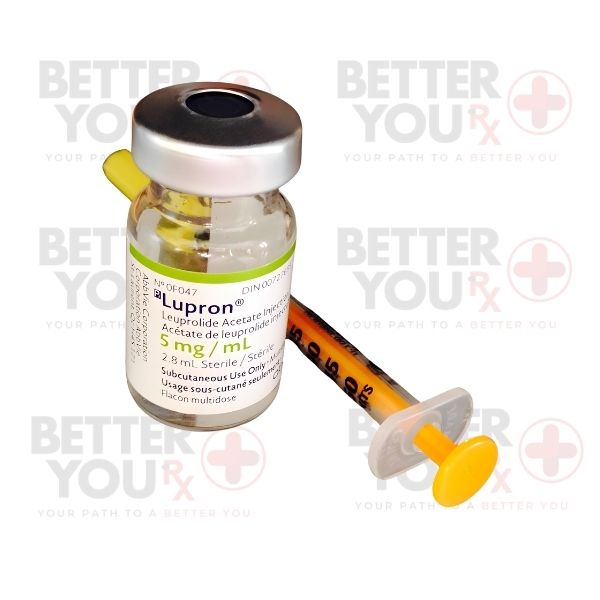
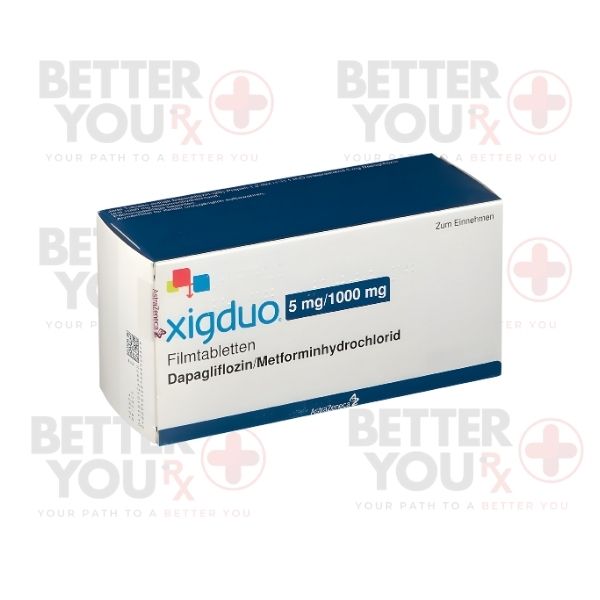
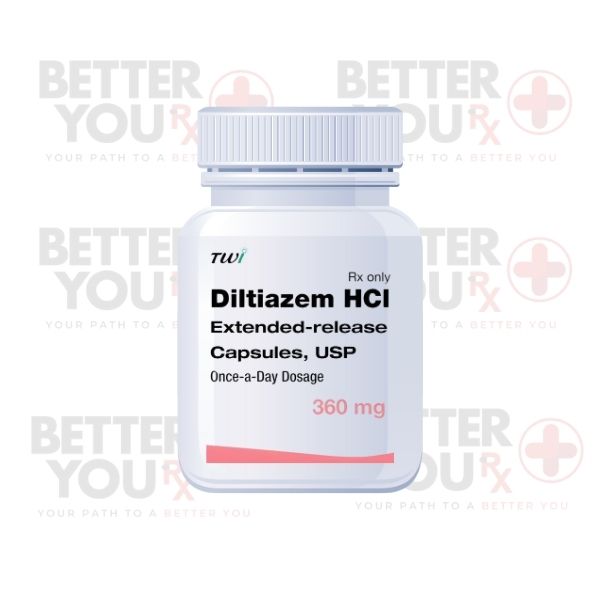
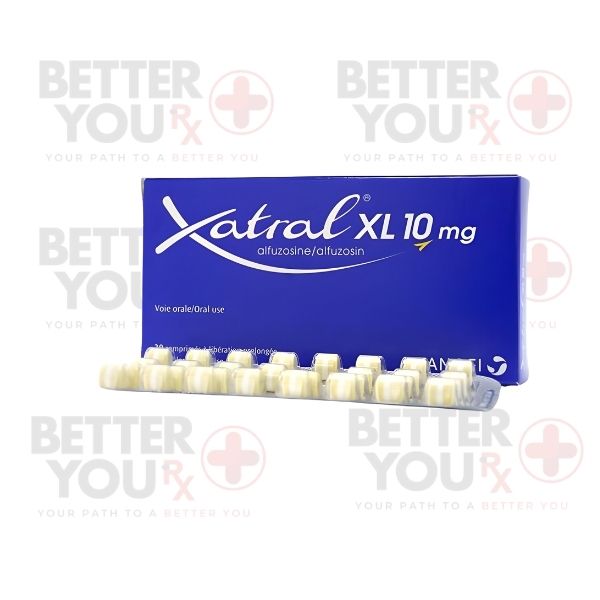
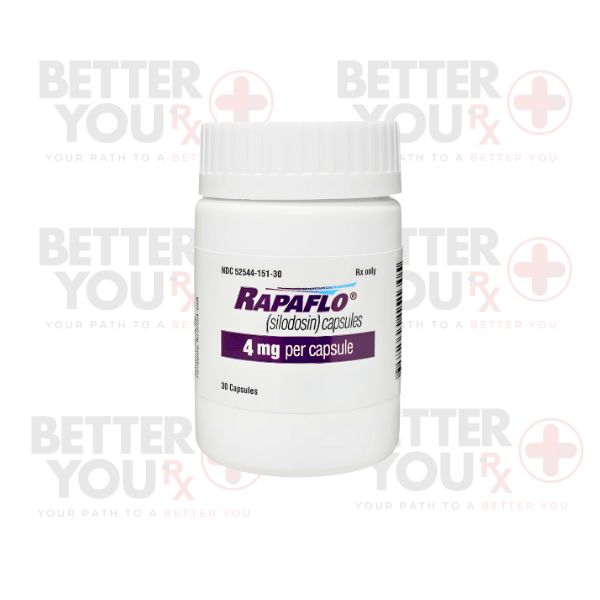
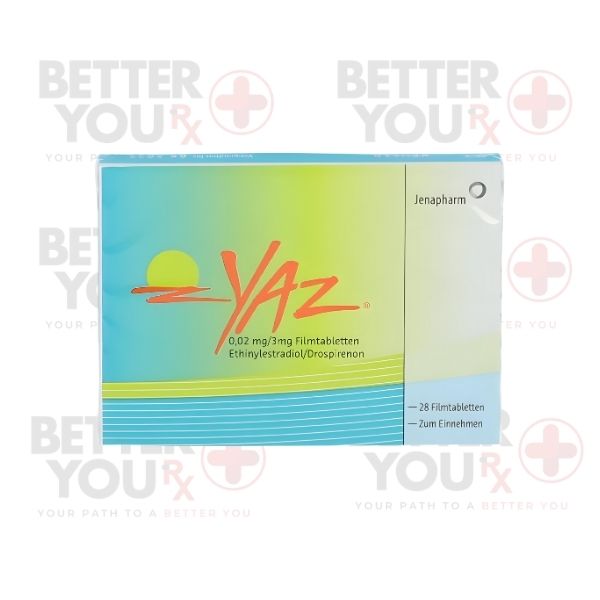
Reviews
There are no reviews yet.